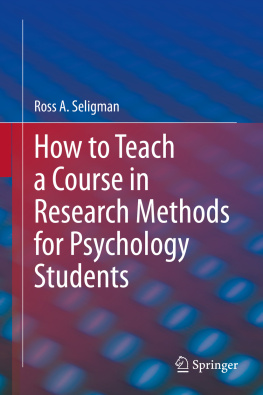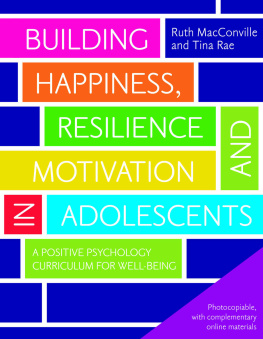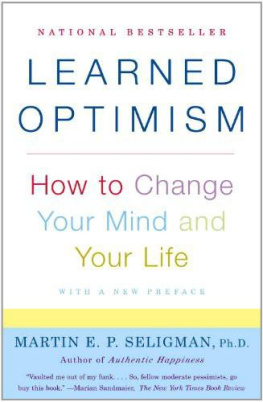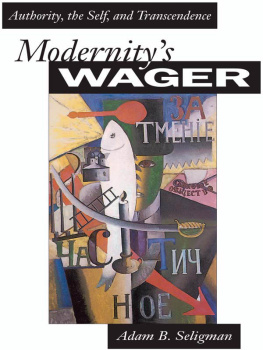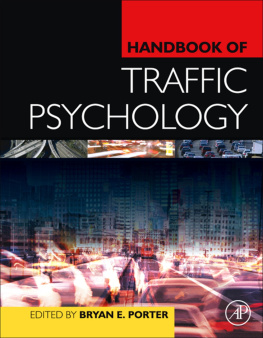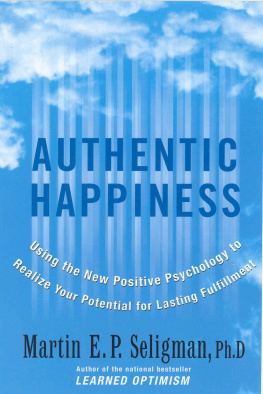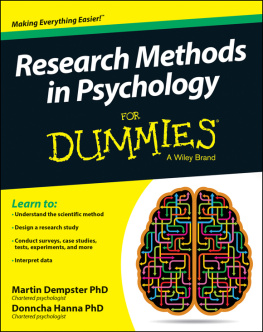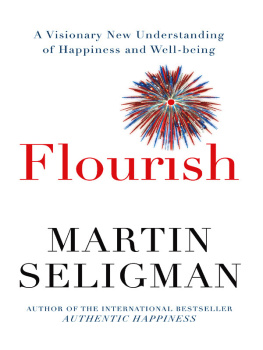Ross A. Seligman - How to Teach a Course in Research Methods for Psychology Students
Here you can read online Ross A. Seligman - How to Teach a Course in Research Methods for Psychology Students full text of the book (entire story) in english for free. Download pdf and epub, get meaning, cover and reviews about this ebook. year: 2020, publisher: Springer International Publishing, genre: Romance novel. Description of the work, (preface) as well as reviews are available. Best literature library LitArk.com created for fans of good reading and offers a wide selection of genres:
Romance novel
Science fiction
Adventure
Detective
Science
History
Home and family
Prose
Art
Politics
Computer
Non-fiction
Religion
Business
Children
Humor
Choose a favorite category and find really read worthwhile books. Enjoy immersion in the world of imagination, feel the emotions of the characters or learn something new for yourself, make an fascinating discovery.
- Book:How to Teach a Course in Research Methods for Psychology Students
- Author:
- Publisher:Springer International Publishing
- Genre:
- Year:2020
- Rating:3 / 5
- Favourites:Add to favourites
- Your mark:
- 60
- 1
- 2
- 3
- 4
- 5
How to Teach a Course in Research Methods for Psychology Students: summary, description and annotation
We offer to read an annotation, description, summary or preface (depends on what the author of the book "How to Teach a Course in Research Methods for Psychology Students" wrote himself). If you haven't found the necessary information about the book — write in the comments, we will try to find it.
How to Teach a Course in Research Methods for Psychology Students — read online for free the complete book (whole text) full work
Below is the text of the book, divided by pages. System saving the place of the last page read, allows you to conveniently read the book "How to Teach a Course in Research Methods for Psychology Students" online for free, without having to search again every time where you left off. Put a bookmark, and you can go to the page where you finished reading at any time.
Font size:
Interval:
Bookmark:
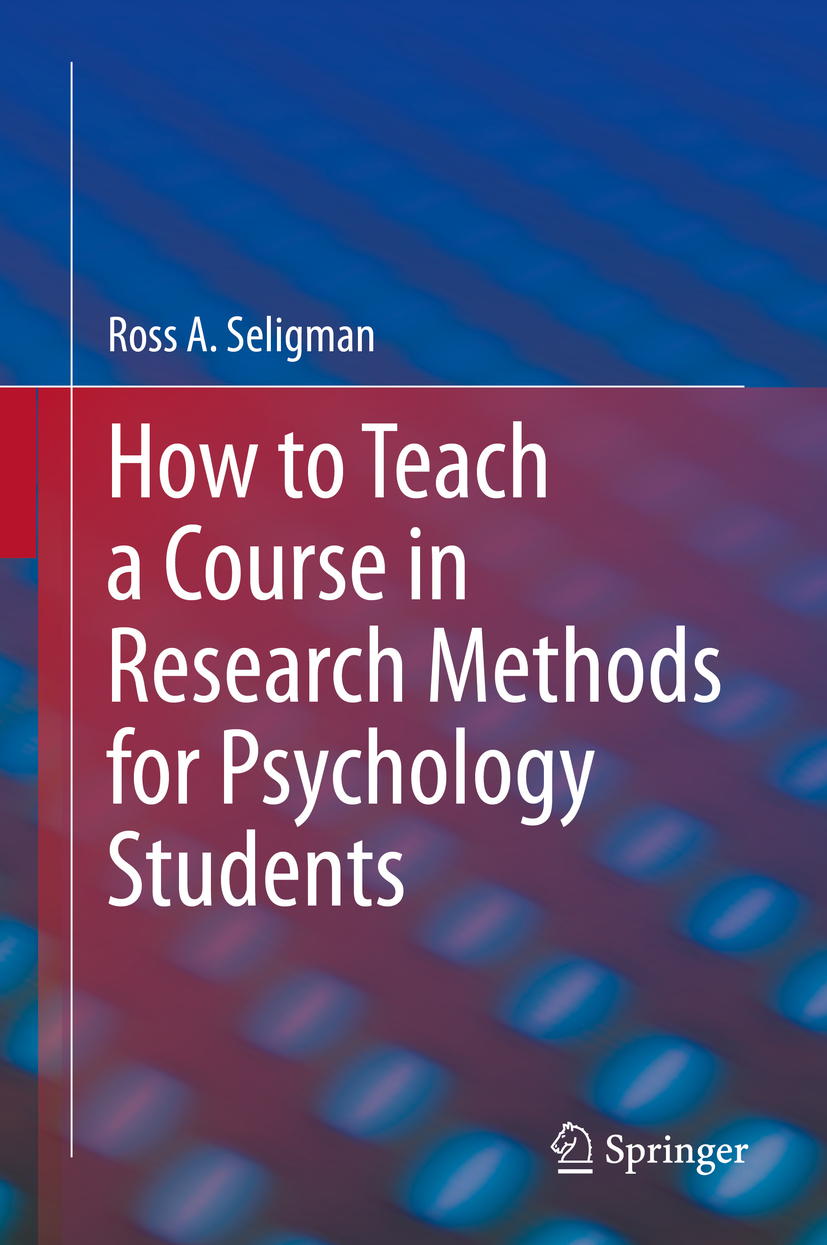

This Springer imprint is published by the registered company Springer Nature Switzerland AG
The registered company address is: Gewerbestrasse 11, 6330 Cham, Switzerland
I would like to dedicate this book to my parents who always supported my academic endeavors.

Greetings and thank you for reading the very first published book that is a step-by-step guide, designed to help you create and teach a college course in Research Methods for Psychology students. This book will focus on quantitative research methods since this is the standard in most Colleges and Universities. I would recommend that you read the entire book before starting the course.
Whether you are a new professor, or you have been teaching for years, this book can guide you through the entire process. Perhaps you have taught research methods before, or maybe this is your first time teaching this course. Either way, this book will guide you through every step of the way from the time that you are hired until you turn in your final grades.
One might ask, why write a guidebook on Research Methods as opposed to a more common class like Introduction to Psychology? What is different about research methods? This reminds me of a similar question from my childhood, Why is this night different from all other nights? The answer is that Research Methods is different from most other classes as it is largely a project-based class. The professor does not spend a lot of time lecturing in front of the class but does spend a lot of time working with each individual student and making sure they not only understand the concepts but can apply them to real-world research. Most research methods classes have a weekly lab in which students not only learn new topics, but they are asked to create experiments that can be carried out in the real world. Later in this book, I will discuss various activities that can be used in your weekly labs.
Also, teaching, or even taking, a Research Methods class can be an intimidating course. This course is full of difficult topics that can be hard to explain. Many students do not look forward to this class in the same way they might enjoy taking a Social Psychology or Child Development course. A research methods course is a lot of work for both the student and the Professor and can be a lot of pressure for both. The focus of this book is to make your job a little easier and a lot more predictable. This book will guide you through every aspect of the course and give you detailed suggestions on how to handle many obstacles that you might encounter.
This book starts out with your initial hiring meeting with the Dean and/or Department Chair and what to expect from that. It will include tips for questions you should ask and for what the university will need from you. From there, syllabus creation will be discussed. In my over 27 years of teaching, the most important thing that I have learned is that the tighter your syllabus, the smoother the course will be. A precise course outline as well as relevant policies will make your life a lot easier.
When you design the syllabus, you will also need to pick a textbook. The world of textbooks has changed with the popularity of OERs (Open Educational Resources). This book will navigate you through many of the options you will have for course textbooks and what to look for when reviewing them. This book will also examine your options in OERs.
Once you have created a syllabus and picked a textbook, it is now time to prepare for the first day of class. The first day of class sets the tone for however long your term might be. I typically present myself quite differently in a Research Methods class than in an Introduction to Psychology, or other lower level class. This class already has a reputation for being very challenging, and it is important to let the students know that, while still being supportive of their success.
The next chapter of this book will be a detailed description of what I cover each week in this course. This chapter will carefully describe the lectures, labs, and other instructions and activities that I cover each week. It will serve as a guide for you as you progress through the course.
Another distinct aspect of a Research Methods class is that, by the end of the term, students must complete an individual or group project where they carry out a full-scale experiment on campus. Students have to read research on the topic, design an experiment, operationalize their definitions, collect data, run the experiment, and analyze the data. The final paper is a full APA experimental write-up with all of the required sections (e.g., Literature Review, Methods, etc.). The second half of most Research Methods classes are devoted to this final project. A full chapter will be devoted to planning these experiments, topics that can be researched, software that can be utilized, and various other important aspects of this project. This is oftentimes where you get the most push back from students, but it is also where students really become immersed in the class and take ownership of their work.
Like most college courses, tests are also an important part of a Research Methods course. However, unlike some other types of classes, tests, in my class, only account for 30% of the total course grade. Tests are a good way to see if students have a basic understanding of course concepts and labs and the final paper and a good way to see if students can apply these topics.
After that I will examine the students experience. It is so rare to truly get open and honest feedback from our students. This chapter includes detailed interviews from two former students and details their advice on how we as professors can do an even better job teaching this course.
Font size:
Interval:
Bookmark:
Similar books «How to Teach a Course in Research Methods for Psychology Students»
Look at similar books to How to Teach a Course in Research Methods for Psychology Students. We have selected literature similar in name and meaning in the hope of providing readers with more options to find new, interesting, not yet read works.
Discussion, reviews of the book How to Teach a Course in Research Methods for Psychology Students and just readers' own opinions. Leave your comments, write what you think about the work, its meaning or the main characters. Specify what exactly you liked and what you didn't like, and why you think so.

